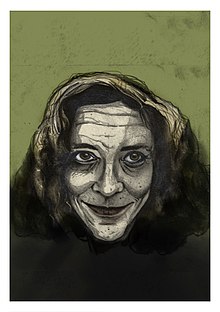
Olga Xirinacs Díaz is a Spanish writer and piano teacher. During her literary career, she has written poetry, drama, tales and essays. She was born in Tarragona, where she still lives and works.

Maria Remei Canals i Cendrós was a Spanish pianist from Barcelona.

Isabel-Clara Simó i Monllor was a Spanish journalist and writer. She is considered one of the most important writers in the Catalan language.
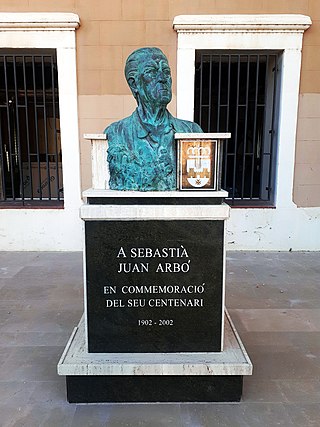
Sebastià Juan Arbó was a Spanish novelist and playwright. He wrote in Catalan and Spanish. He was born in Sant Carles de la Ràpita on 27 October 1902 and died in Barcelona on 3 January 1984. His work includes novels, drama, biographies and translations. He was an honorary member of the Association of Writers in the Catalan Language. In 1948, he won the Premio Nadal.
The Premi Sant Jordi de novel·la is an award for Catalan language literature, given by Òmnium Cultural and Enciclopèdia Catalana.

Maria Aurelia Capmany i Farnés was a Catalan novelist, playwright and essayist. She was also a prominent feminist cultural and anti-Franco activist.
Aurora Díaz-Plaja i Contestí was a Catalan writer and librarian. Born in Barcelona, Díaz-Plaja also worked as a critic, journalist, lecturer, and translator during her career. She was the sister of the writers Ferran Díaz-Plaja i Contestí and Guillem Díaz-Plaja i Contestí. Her published work included topics such as library management, as well as stories for small children, in both Catalan and Spanish.

Julià de Jòdar i Muñoz, is a Spanish writer in Catalan.
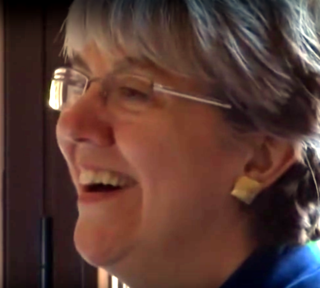
Maria Mercè Roca i Perich is a Catalan writer and politician from Spain. She was deputy to the Parliament of Catalonia for Republican Left of Catalonia, and currently serves as a councillor at the City Council of Girona for the same party.
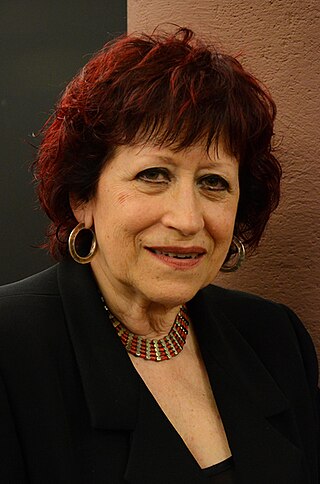
Pilar Aymerich i Puig is a Catalan photographer and photojournalist. In 2005, she received the Creu de Sant Jordi Award.

Joan Triadu i Font was a Catalan literary critic, academic and writer. A cultural and resistant anti-Francoist activist, he was involved in many important Catalan cultural projects in the twentieth century, including the magazines Serra d'Or and Ariel, the newspaper Avui and the association Òmnium Cultural. He was a pioneer in the teaching of Catalan language courses after the Spanish Civil War. As an educationalist, he was the general director of the Cultural Institute of the Centre of Catholic Influence, an institution that created the Thau Barcelona School in 1963 and the Thau Sant Cugat School in 1996. Joan Triadú Year, which marked the centenary of his birth, was celebrated in 2021.

The Institut Nova Història is a Catalan cultural foundation with headquarters in Barcelona committed to revisionist pseudohistorical research. Its members, of which the most prominent is the Catalan nationalist writer Jordi Bilbeny, hold that history has been systematically manipulated by the Spanish state since the 15th century to eliminate the Catalan contribution to world history. The foundation promotes research, study and dissemination through publications, conferences, documentaries and symposia of its vision of Catalan history. in particular the annual "Symposium on the Catalan Discovery of America" in Arenys de Munt. This has led them to create a "history of their own" whose theses, "more or less picturesques ”, are rejected by both scholars and Academia. Alberto Reig Tapia, from University of Rovira i Virgili considers that their members do not make history but "Parody of History"'. Josep Colomer, from Georgetown University, has called them “cartoon satirists” ». The Institut Nova Història claims that major historical figures, including Christopher Columbus, Erasmus, Miguel de Cervantes, William Shakespeare, Leonardo da Vinci, Saint Teresa of Ávila and others were Catalan. It is funded by the Catalan autonomous government, and has received support from Catalan nationalist politicians.

La Veu de Catalunya was a Catalan newspaper founded by Enric Prat de la Riba that was published in Barcelona from 1 January 1899 to 8 January 1937, with two editions daily.
Carles Capdevila i Plandiura was a Catalan journalist and writer, director of the newspaper Ara for its first five years and from 28 November 2015 onwards founding director. He presented and directed the programmes Eduqueu les criatures in Catalunya Ràdio and Qui els va parir in TV3. He was deputy director of the program Malalts de tele. He directed the section Alguna pregunta més?, within El matí de Catalunya Ràdio. He received the humor and satire award 'Premi Pere Quart d'humor i sàtira' in 1999 for the book Criatura i companyia and in 2016 the National Prize for Communication. He died from colorectal cancer on 1 June 2017.

Núria Feliu i Mestres was a Spanish Catalan singer and actress, a singular figure of the Nova Cançó movement.
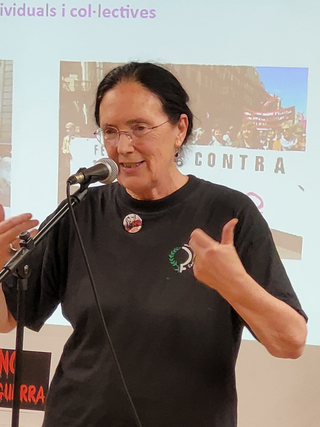
Montserrat Cervera Rodon is a Catalan anti-militarist, feminist, and women's health activist, involved in various feminist actions and campaigns such as the right to abortion.

Marta Pessarrodona y Artigues is a Catalan poet, storyteller and literary critic. She has also written essays and biographies. She is the author of books such as Primers dies de 1968 (1968), Setembre 30 (1969), Vida privada (1972), Memòria (1979), A favor meu, nostre (1981), Tria de poemes (1994), and L'amor a Barcelona (1998). In 1997, she received the Creu de Sant Jordi.
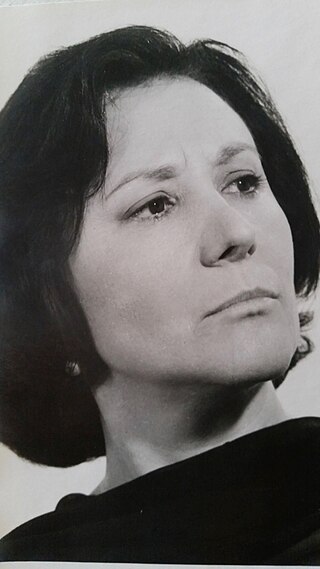
Teresa Cunillé i Rovira is a Spanish actress with a long and prolific career in stage and film.
The 16th Gaudí Awards ceremony, presented by the Catalan Film Academy, will take place on 4 February 2024 at the CCIB complex in Barcelona.
Jaume Clotet i Planas is a Catalan journalist, historian and writer.
